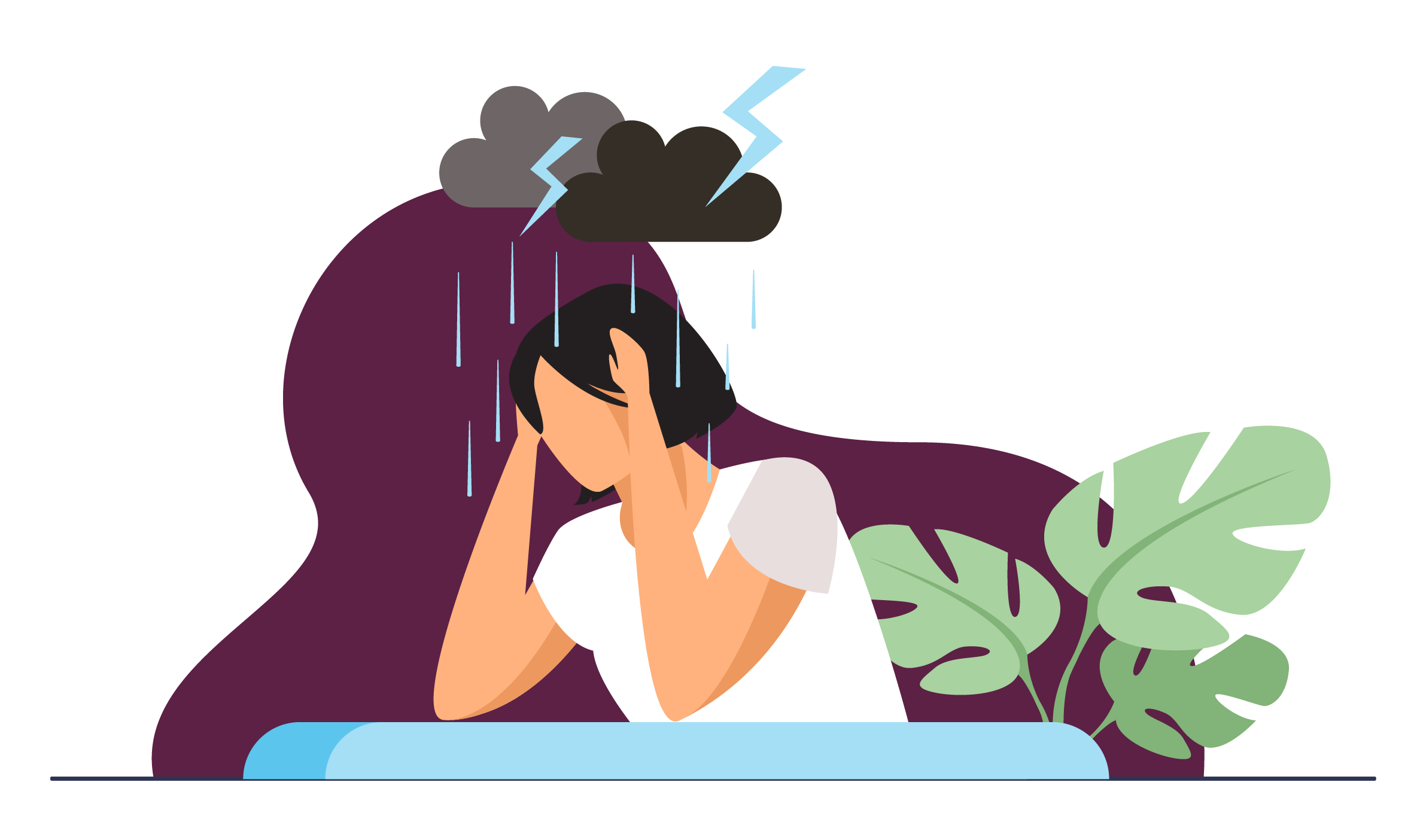Ovarian insufficiency
(POI, primary ovarian insufficiency, premature ovarian failure)
Primary ovarian insufficiency happens when a woman’s ovaries stop working normally before 40. Many women naturally become less fertile when they are about 40 years old, but with POI, both irregular periods and reduced fertility start before the age of 40. Sometimes it starts as early as the teenage years.
POI is different from premature menopause. Some women still have occasional periods with POI and may even get pregnant.
Factors that raise your risk for primary ovarian insufficiency (POI):
- having a family history (a mother or sister with POI)
- genes like Fragile X syndrome or Turner syndrome
- autoimmune diseases and viral infections
- cancer treatments, like chemotherapy and radiation therapy
- being age 35-40 (most common)
POI symptoms
The first sign of POI is usually irregular or skipped periods. Later on, symptoms are like those of natural menopause:
- Hot flashes
- Night sweats
- Irritability
- Poor concentration
- Decreased sex drive
- Pain during sex
- Vaginal dryness
POI causes lower levels of certain hormones, and the chances of these health conditions:

